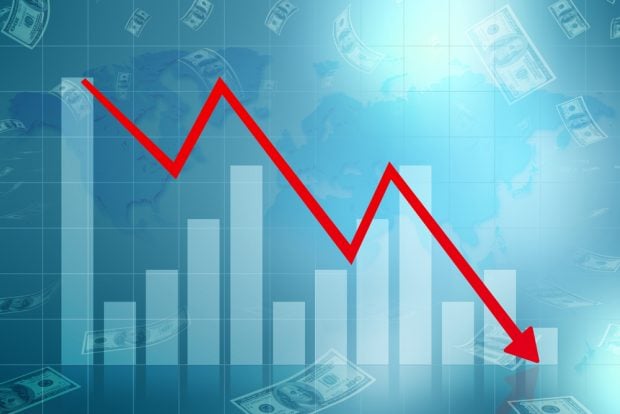Nouriel Roubini is seeing signs that we are “entering bubbleterritory” in nearly a score of developed and emerging marketscountries that he warns “looks like a slow-motion replay of thelast housing-market train wreck.”
|In a Nov. 29 opinion piece appearing on Project Syndicate, the NYU professor and economist says thesigns of “frothiness” include fast-rising home prices, high andrising price-to-income ratios and high levels of mortgage debt as ashare of household debt. Aided in the developed countries by verylow short- and long-term interest rates, and considering their slowGDP growth, low inflation and high unemployment, “the wall ofliquidity generated by conventional and unconventional monetaryeasing is driving up asset prices, starting with home prices.”
|In the developed world, Roubini sees the beginning of bubbles inEurope (Switzerland, Sweden, Norway, Finland, France, Germany andat least in London in the U.K.) in North America (Canada) and inAustralia and New Zealand. Bubbles are appearing in EM countries(though he says the “situation is more varied”) in those countries:Hong Kong, Singapore, China, and Israel and in major cities inTurkey, India, Indonesia and Brazil.
|“With central banks…wary of using policy rates to fightbubbles,” Roubini's biggest worry is that the standard toolsapplied by regulators—what he calls “macro-prudential” regulationand supervision of the financial system to address frothy housingmarkets—will prove “inadequate to control housingbubbles.”
|Roubini did not discuss the U.S. housing market, but two reportslast week showed that the domestic market is certainly improving.Building permits for future U.S. home construction rose 6.2% inOctober to 1.03 million units, beating economists' consensusexpectations and reaching the highest level since June 2008. TheS&P/Case Shiller composite housing price index of 20metropolitan areas increased 13.3% in September over September2012, the strongest single-month gain in the index since February2006.
|Robert Shiller himself has expressed some concerns over thehousing market worldwide. In an interview published this weekend inthe German magazine Der Spiegel, he expressed worries over theprice of real estate markets in several Brazilian cities, though inanother interview, in Barron's this weekend, he did not see anybubble in the U.S. housing market.
|Roubini agrees on the need for “macro-prudential” regulation, inwhich regulators decree “lower loan-to-value ratios, strictermortgage-underwriting standards, limits on second-home financing,higher counter-cyclical capital buffers for mortgage lending,higher permanent capital charges for mortgages, and restrictions onthe use of pension funds for down payments on home purchases.”However, because of the internal political criticism that suchregulation will “take away the punch bowl of liquidity” from thosehousing markets, the regulation is “modest,” he says, and therefore“the political economy of housing finance limits regulators'ability to do the right thing.”
|Next Page: Punchbowl ofLiquidity Roubini sees “signs offrothiness, if not outright bubbles” in many developed and emergingmarket countries' housing markets
|Roubini says that because “easy money and the need to hedgeagainst inflation” remain operative throughout the world, thatthese housing bubbles “may not be about to burst just yet.” But heworries that “the higher home prices rise, the further they willfall—and the greater the collateral economic and financial damagewill be—when the bubble deflates.”
|In those countries where “non-recourse loans allow borrowers towalk away from a mortgage when its value exceeds that of theirhome, the housing bust may lead to massive defaults and bankingcrises.” In other countries where recourse loans “allow seizure ofhousehold income to enforce payment of mortgage obligations,private consumption may plummet as debt payments (and eventuallyrising interest rates) crowd out discretionary spending. Eitherway, the result would be the same: recession and stagnation.”
|Complete your profile to continue reading and get FREE access to CUTimes.com, part of your ALM digital membership.
Your access to unlimited CUTimes.com content isn’t changing.
Once you are an ALM digital member, you’ll receive:
- Critical CUTimes.com information including comprehensive product and service provider listings via the Marketplace Directory, CU Careers, resources from industry leaders, webcasts, and breaking news, analysis and more with our informative Newsletters.
- Exclusive discounts on ALM and CU Times events.
- Access to other award-winning ALM websites including Law.com and GlobeSt.com.
Already have an account? Sign In
© 2024 ALM Global, LLC, All Rights Reserved. Request academic re-use from www.copyright.com. All other uses, submit a request to [email protected]. For more information visit Asset & Logo Licensing.









